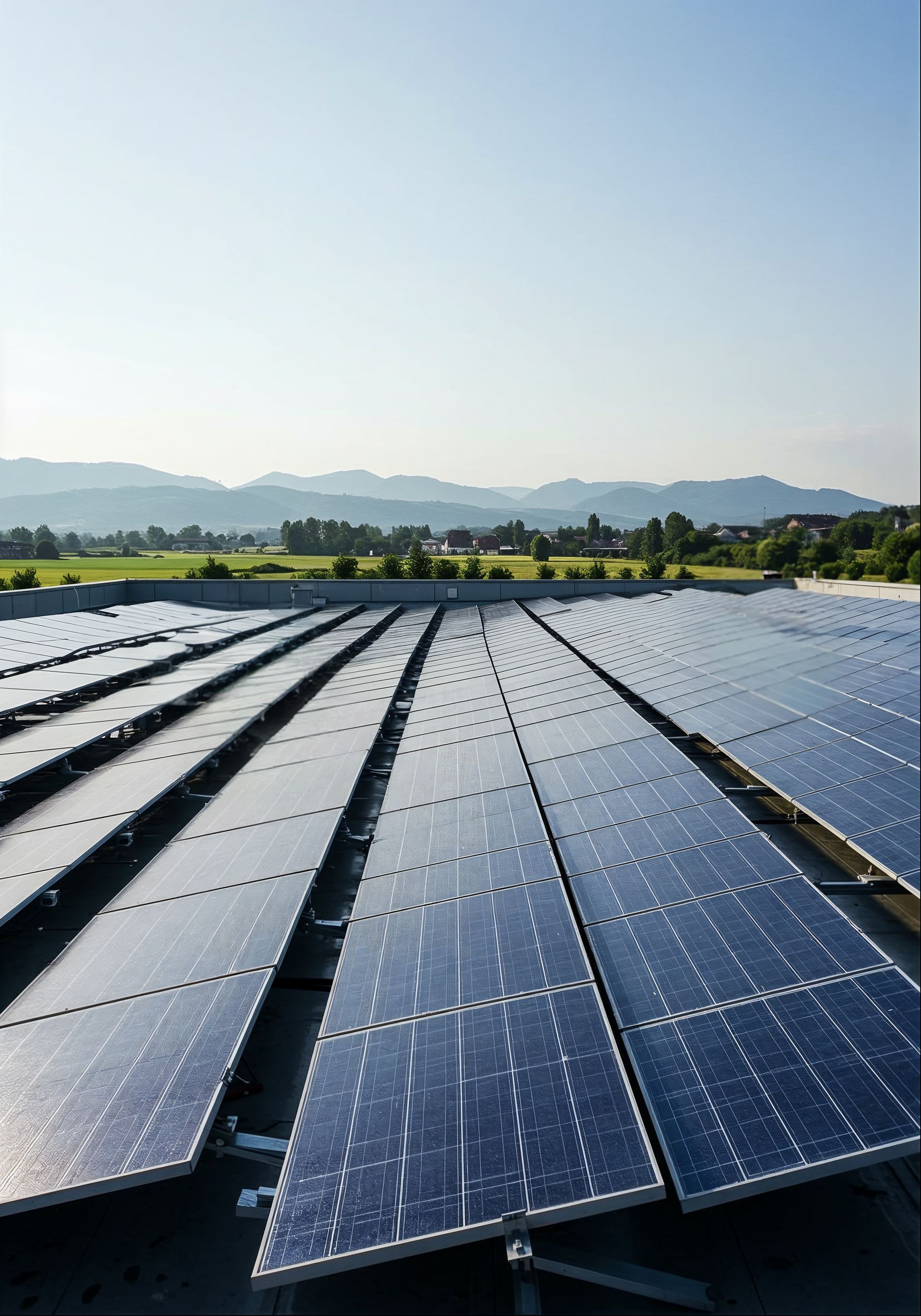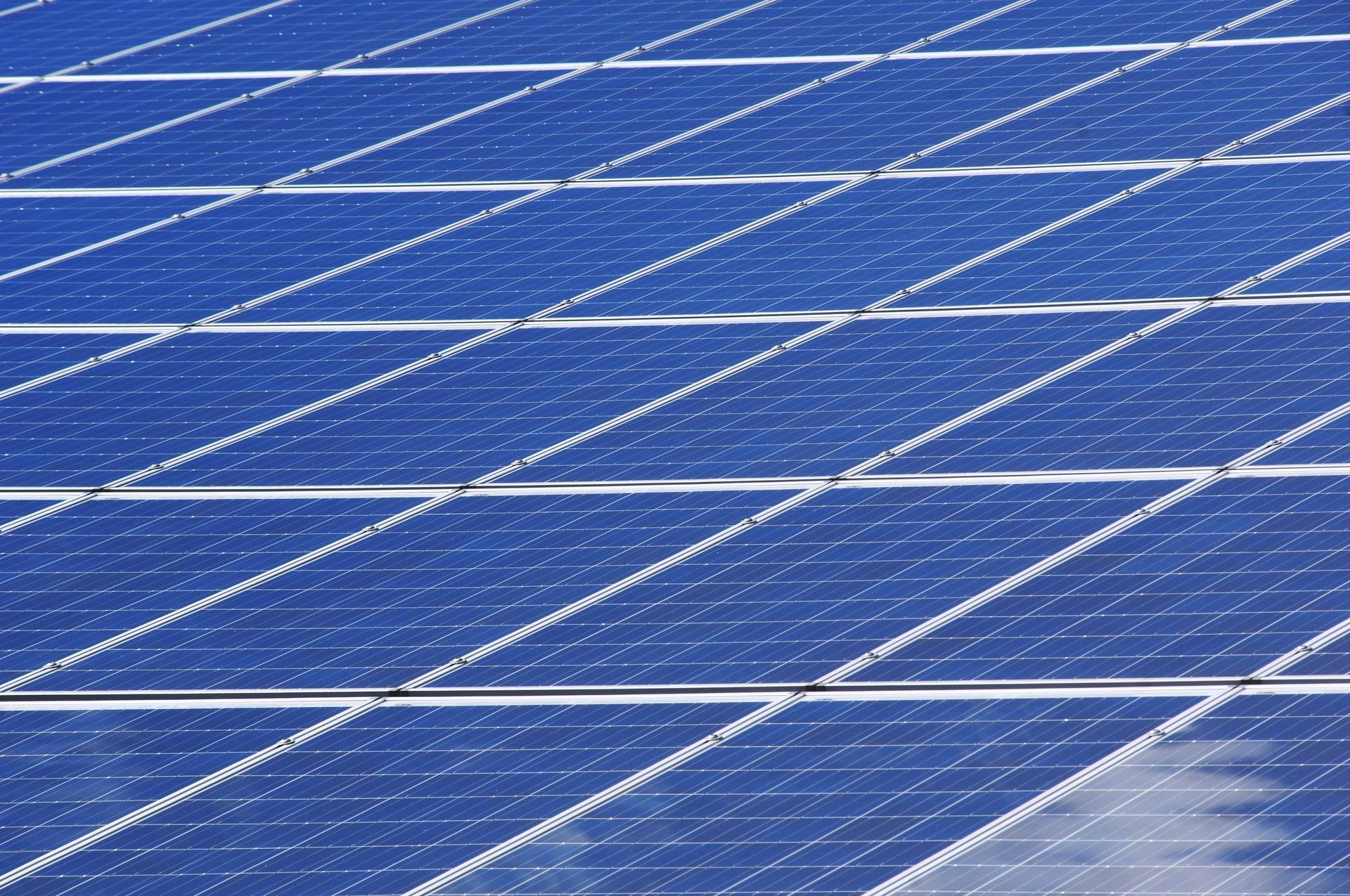Who Decides Your Utility Rate and Net Metering Policy? (Spoiler: It’s Not Your Neighbor)
At
Infinity Solar USA, we get it—understanding utility rates and net metering policies can feel like deciphering ancient scrolls. But fear not! We’re here to break it down for you in a way that’s easier than figuring out which button to press on your remote.
1. Who Sets Your Utility Rate?
Your utility rate is basically the price you pay for electricity from your local utility company. But here’s the twist—it’s not something you get to decide (unfortunately). Your utility rate is set by your local utility provider and is typically regulated by a government body called the Public Utility Commission (PUC) or Public Service Commission (PSC), depending on where you live.
These commissions approve how much utilities can charge for electricity, and they generally take into account things like the cost of producing electricity, infrastructure maintenance, and other factors. So, no, you can’t just call up your utility and ask for a “special rate.” But you can reduce how much you pay by going solar! 💡
2. What’s the Deal with Net Metering?
Now let’s talk net metering—the superhero of solar savings. This policy determines how much credit you get for the extra energy your solar panels produce and send back to the grid. But once again, it’s not something you can decide yourself.
Your net metering policy is determined by your utility company and sometimes by state laws. In some states, utilities are required to offer net metering, while in others, it’s voluntary. The policy determines things like how much you get paid for the excess energy you send to the grid, and whether those credits roll over month to month. Some places may have rules like paying you the full retail price for the energy, while others offer a lower rate.
But don’t worry—Infinity Solar USA works closely with local utility companies to ensure you’re getting the best deal possible when it comes to net metering. We’ll help you understand what’s available in your area so you can maximize those solar savings.
3. Can You Change Your Rate or Net Metering Policy?
Well, not exactly. You can’t just knock on your utility company’s door and ask for a new rate or policy. But, here’s the silver lining: going solar can help you beat the system! By installing solar panels, you’ll rely less on grid power, which means you won’t be as affected by rising utility rates. Plus, with net metering, any excess energy you produce works in your favor.
Bottom Line?
While your utility rate and net metering policy are decided by your utility company (and sometimes state regulators), you do have a choice when it comes to how much you pay for electricity in the long run. With solar, you can reduce your dependence on grid energy, take advantage of net metering, and lower your utility bills.
Want to make your utility rate work for you? Get in touch with Infinity Solar USA, and let’s talk about how solar can save you money—no commissions involved!
Solar savings? Yes, please. 🌞💰
More Blog Posts
More Guides For You From Our Help Center
Service and Troubleshooting
Understanding your solar system performance
How to schedule a repair
Solar Financing and Incentives
How does net metering work?
- How Net Billing Works (And Why Export Credits Are Your New Best Friend)
- How "Buy All, Sell All" Works in Solar (And Why It’s a Great Deal for You)
- How Monthly Net Metering Works (Spoiler: It’s Like a Bank for Your Energy)
- What is Net Metering and Why It Matters in the Solar Industry?
- What Is 1:1 Net Metering, and Why Should You Care? (Hint: It’s Awesome)
Solar financing. Understanding your options
- Explore Your Financing and Cash Options for Going Solar with Infinity Solar USA
- Commercial Solar Solutions: What You Need to Know from Infinity Solar USA
- Solar Installation Costs and Financial Incentives: What You Need to Know from Infinity Solar USA
- Why Solar Loans Reamortize in Month 19: A Closer Look
System Performance
How to optimize your solar systems performance
How peak sun hrs works in solar
How does roof pitch and orientation affect solar production?
How shading and irradiation affect solar production
Solar 101
Understanding your solar energy savings
Different purchase options:
How do I save money with solar?
Solar Process
Step 1 Proposal Introduction
Step 2 Construction Pipeline Process
Step 3 Permission to Operate
Service and Troubleshooting
Understanding your solar system performance
How to schedule a repair
Solar Financing and Incentives
How does net metering work?
- How Net Billing Works (And Why Export Credits Are Your New Best Friend)
- How "Buy All, Sell All" Works in Solar (And Why It’s a Great Deal for You)
- How Monthly Net Metering Works (Spoiler: It’s Like a Bank for Your Energy)
- What is Net Metering and Why It Matters in the Solar Industry?
- What Is 1:1 Net Metering, and Why Should You Care? (Hint: It’s Awesome)
Solar financing. Understanding your options
- Explore Your Financing and Cash Options for Going Solar with Infinity Solar USA
- Commercial Solar Solutions: What You Need to Know from Infinity Solar USA
- Solar Installation Costs and Financial Incentives: What You Need to Know from Infinity Solar USA
- Why Solar Loans Reamortize in Month 19: A Closer Look
System Performance
How to optimize your solar systems performance
How peak sun hrs works in solar
How does roof pitch and orientation affect solar production?
How shading and irradiation affect solar production
Solar 101
Understanding your solar energy savings
Different purchase options:
How do I save money with solar?
Solar Process
Step 1 Proposal Introduction
Step 2 Construction Pipeline Process
Step 3 Permission to Operate



